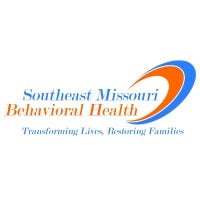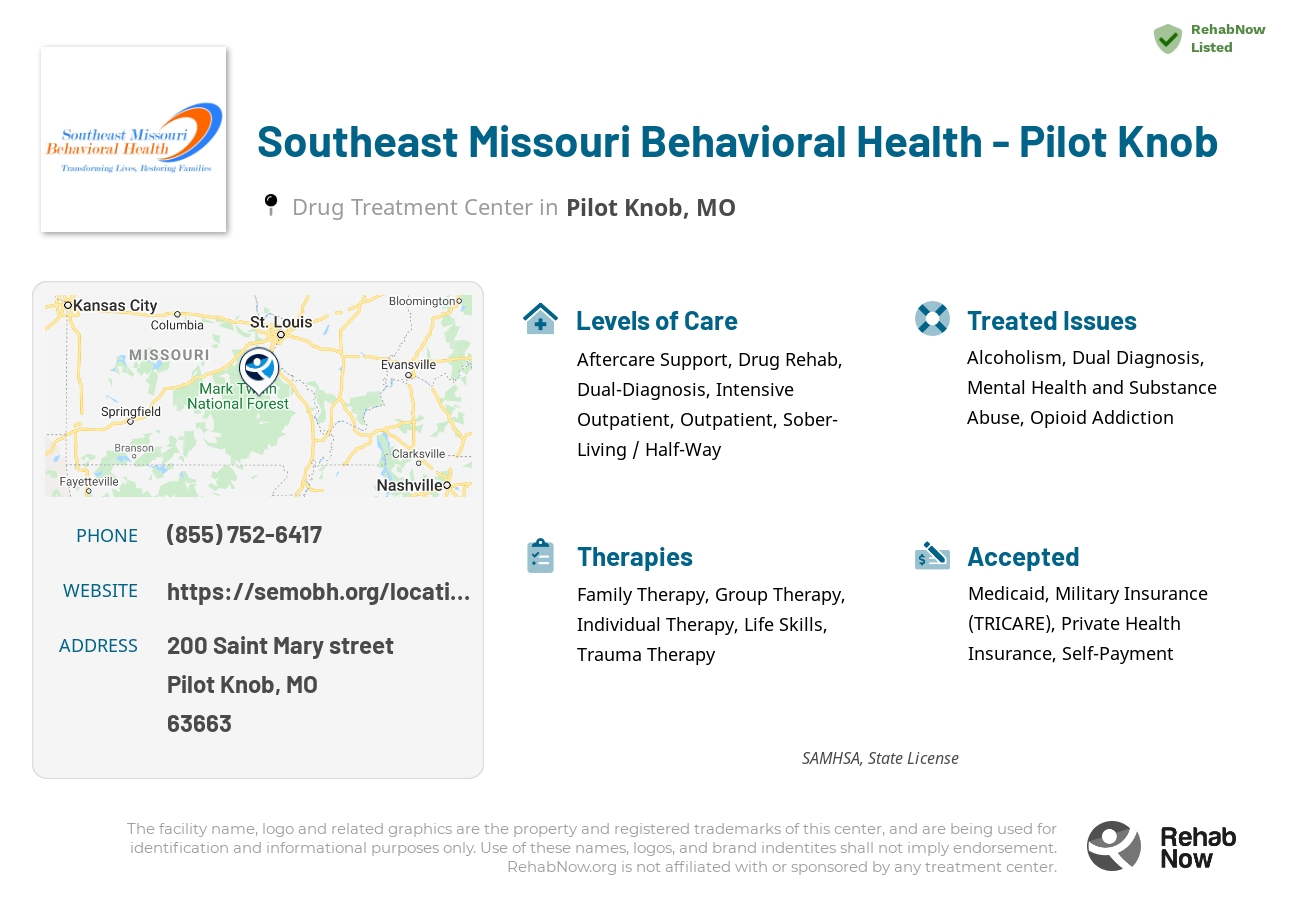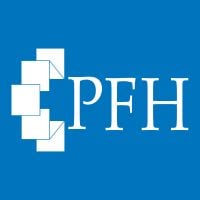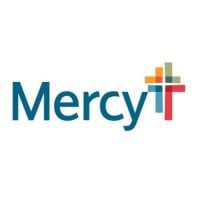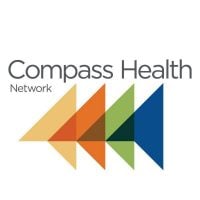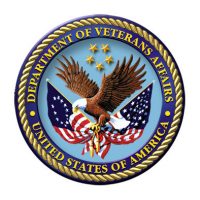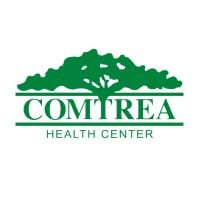Southeast Missouri Behavioral Health - Pilot Knob
Drug Rehab Center in Pilot Knob, Missouri
Southeast Missouri Behavioral Health - Pilot Knob is a comprehensive mental health and substance abuse treatment center offering a range of services, including outpatient and inpatient treatment, individual and group therapy, medication-assisted treatment, family therapy, relapse prevention programs, and continuing care, among others.
About Southeast Missouri Behavioral Health - Pilot Knob in Missouri
Southeast Missouri Behavioral Health - Pilot Knob is a comprehensive mental health and substance abuse treatment center located in Pilot Knob, Missouri. This facility offers a wide range of services for the treatment of mental health, substance use, and various conditions and disorders that can often result from addiction and substance abuse. The center provides both outpatient and inpatient mental health and substance use treatment, as well as a variety of support and counseling services for those in need.
Southeast Missouri Behavioral Health - Pilot Knob offers a variety of treatment options for addiction and substance abuse. These include individual and group therapy, counseling, psycho-educational classes, and medication-assisted treatment. Participants are encouraged to develop a treatment plan that is tailored to meet their individual needs and goals, as well as to help them build the skills they need to cope with cravings, maintain sobriety, and lead a meaningful, productive life. In addition, the center provides family therapy sessions, relapse prevention programs, and continuing care to help individuals transition back into their communities and lives.
Southeast Missouri Behavioral Health - Pilot Knob is accredited by the Joint Commission and licensed by the Missouri Department of Mental Health. The center also works with many local organizations and community members to provide support and resources to those in need. Additionally, they offer several unique services such as peer recovery coaching and access to integrated primary care, psychiatric care, and supportive services. With a commitment to providing quality care, Southeast Missouri Behavioral Health - Pilot Knob strives to improve the lives of their patients and their families.
Genders
Ages
Modality
Additional
Accreditations
State License
SAMHSA
Conditions and Issues Treated
Opioid addiction starts when a person becomes addicted to legal or illegal opioids. The addiction can happen quickly, in just a matter of days. Opioid withdrawal can be extremely uncomfortable and lead the user to continue to use even if they want to quit. Stopping using an opioid requires medical observation. Sometimes inpatient treatment with a medically supervised detox is necessary for managing the withdrawal process while learning lasting tools for maintaining recovery. Medications may be used in some cases of opioid addiction.
Opioid addiction is one of Missouri‘s most prominent forms of addiction. It’s treated by detoxifying the body so that the chemicals from the medications no longer impact them and by therapies to correct behavior and target the root of the problem.
Recovery is not simply about stopping drug use. Recovery is working with addiction while recovering mental health issues that are fueling the addiction in the first place.
Levels of Care Offered
This center offers a variety of custom treatment tailored to individual recovery. Currently available are Aftercare Support, Drug Rehab, Dual-Diagnosis, Intensive Outpatient, Outpatient, Residential, Sober-Living / Half-Way, with additional therapies available as listed below.
Addicts who need help with their addiction can enroll in an intensive outpatient program (IOP). But the patient won’t live there during treatment.
IOP involves patients visiting a medical office building regularly for therapy and other services while continuing to live their lives.
IOP is a step up from drug or alcohol detox, but it’s still a phase of recovery, not the end goal. Patients in need of IOP have many options for rehab and treatment.
Outpatient treatment is considered the lower intensity level of addiction treatment. It’s ideal for early phase addiction or lower intensity addictions. It may include weekly sessions instead of daily. It may include weekly sessions instead of daily. Peer group support, 12-step programs, and individual counseling may still be involved but at a lesser frequency than an intensive outpatient program. It is a good choice for someone who doesn’t need to go through a medically supervised detox and who has a supportive home environment. It requires motivation and dedication to commit to the program without constant monitoring.
Sober living homes (abbreviated SLHs or sometimes sober houses) are temporary housing for recovering addicts. The typical SLH functions as a halfway house, providing a stable living environment for addicts in recovery. While at an SLH, residents typically meet with various therapists on site and attend regular 12-step meetings as well as other recovery group meetings.
Residential treatment programs are those that offer housing and meals in addition to substance abuse treatment. Rehab facilities that offer residential treatment allow patients to focus solely on recovery, in an environment totally separate from their lives. Some rehab centers specialize in short-term residential treatment (a few days to a week or two), while others solely provide treatment on a long-term basis (several weeks to months). Some offer both, and tailor treatment to the patient’s individual requirements.
Aftercare support should take place after outpatient treatment has ended. There are a few different types of aftercare support that patients can seek. These include 12 Step, Self-help groups (AA, NA), Therapeutic communities, Long-term, structured sober living arrangements, and Halfway houses (residential treatment centers).
Therapies & Programs
Individual therapy involves one-on-one sessions between the patient and therapist. It provides patients with a safe environment to openly discuss personal and sensitive issues with the therapist. They find the therapist as someone they can trust. Individual therapy aims to identify the core issues that would have led the patient to substance abuse and address them effectively. The therapist can develop patient-specific customized solutions through individual therapy, which aids speedier recovery.
Family therapy is a group problem-solving that aims to improve communication and relationships between the addict, their family, and sometimes friends. The main goal of family therapy for drug addiction is to create an environment where communication can occur without judgment, hostility, or blame. The therapist is with the family as they learn to communicate differently, especially with the addict when s/he is using. The family can learn to reduce their enabling behavior or rally together and support each other during tough times.
An addict’s family can play a vital part in helping them to avoid relapse because they can spot the warning signs and help them get back on track before it becomes too much of a problem. Family therapy is one of the most effective ways to help addicts stay on the path to long-term sobriety. When a drug addict decides that they want to try and get sober, it takes the support of every person they love to succeed. It can be incredibly difficult for loved ones to watch an addict go through the pain and suffering of withdrawal, but by being there with them and supporting them, they can help to make sure that the addiction never returns.
Groups typically involve meetings with other recovering addicts who can relate to one another’s experiences. They might meet in person or online and typically focus on the process of staying sober rather than overcoming a specific addiction.
In these groups managed by Southeast Missouri Behavioral Health - Pilot Knob, addicts can build a sense of community and develop strong emotional connections with others who understand what they are going through. These beneficial relationships can help addicts overcome their cravings and prevent relapse at any point during the recovery process.
In general, trauma therapy is a clinical process that helps individuals deal with mental stress often caused by traumatic events. The therapist helps the person identify, understand, and work through the problem. This is done with the help of talking about it in group or one-on-one counseling sessions. Therapists use relaxation, role-playing, art, and music to help the person open up about what is bothering them.
There are many different types of trauma therapists, such as psychiatric nurses and counselors. Not everyone is a good candidate for this type of therapy; it is generally reserved for people who have recently experienced a traumatic event and struggle to get over it. It is often done for children, teenage victims of sexual assault, and war veterans.
Since addiction is a chronic physical and mental illness, addicts need to learn as many life skills as possible. Many drug treatment centers offer life skills activities as part of their addiction recovery programs. Examples include cooking classes, employment training, resume writing seminars, parenting classes, and computer training. Life skills activities help addicts find employment, take care of their families, and give back to the community.
Payment Options Accepted
For specific insurance or payment methods please contact us.
Is your insurance accepted?
Ask an expert, call (888) 674-0062
Southeast Missouri Behavioral Health Associated Centers
Discover treatment facilities under the same provider.
- Southeast Missouri Behavioral Health - South Main Street in Poplar Bluff, MO
- Southeast Missouri Behavioral Health Salem Center in Salem, MO
- Southeast Missouri Behavioral Health - Aquinas Center in Farmington, MO
- Southeast Missouri Behavioral Health - Dexter in Dexter, MO
- Southeast Missouri Behavioral Health - Rolla in Rolla, MO
Learn More About Southeast Missouri Behavioral Health Centers
Additional Details
Specifics, location, and helpful extra information.
Pilot Knob, Missouri 63663 Phone Number(855) 752-6417 Meta DetailsUpdated November 25, 2023
Staff Verified
Southeast Missouri Behavioral Health - Pilot Knob Patient Reviews
There are no reviews yet. Be the first one to write one.
Pilot Knob, Missouri Addiction Information
Opioid-related overdoses in Missouri have been increasing steadily for the past three decades. In 2018, more than 1,130 people in Missouri died from opioid abuse. Methamphetamines and marijuana abuse have surpassed opioid abuse in Missouri. Missouri is the number 1 methamphetamine manufacturer in the country with more than 27 meth labs per 100,000 people.
Treatment in Nearby Cities
- Neosho, MO (211.3 mi.)
- Osage Beach, MO (113.3 mi.)
- Fredericktown, MO (20.1 mi.)
- Edina, MO (193.9 mi.)
- West Plains, MO (90.8 mi.)
Centers near Southeast Missouri Behavioral Health - Pilot Knob
The facility name, logo and brand are the property and registered trademarks of Southeast Missouri Behavioral Health - Pilot Knob, and are being used for identification and informational purposes only. Use of these names, logos and brands shall not imply endorsement. RehabNow.org is not affiliated with or sponsored by Southeast Missouri Behavioral Health - Pilot Knob.
